Finding Accommodation
Finding accommodation in Switzerland can be challenging, especially if you’re unsure where to start. Depending on where in the country you are looking, more than just the price might hinder you from renting. This post will discuss some of the most common things to note when looking at renting accommodation in Switzerland.
Types of Accommodations Available in Switzerland
Studio Apartments: Atelier or Einzimmerwohnung
1–5 Room Apartments: 2–5-Zimmer-Wohnungen
Shared Flats: WG (Wohngemeinschaft)
Furnished Rentals: Möblierte Wohnungen
Holiday Rentals: Ferienwohnungen
An important point to note is that apartments (Wohnung) in Switzerland are typically described by the total number of rooms they contain. When an advertisement states that an apartment has 2.5 rooms, it doesn’t imply that there are 2.5 bedrooms, as is common in many other countries. Instead, it means there are two large rooms and one smaller room—referred to as a "half room." The term "half" indicates its smaller size and distinguishes it from the larger living spaces in the apartment, while the kitchen and bathroom are not included in this count.
Given that Switzerland is a small country where most people tend to rent rather than buy, there is a wide variety of rental options available, and long-term renting is popular among individuals of all ages.
Additional Costs to Consider When Renting
There is no standard as to what is and isn’t included in your rental agreement. This is something each landlord will specify in the contract, and it’s important to take note of what is and what isn’t included. Here are a couple of things to check:
Utilities (Nebenkosten or NK): In many rental advertisements, you’ll come across terms like Miete inklusive NK (rent including utilities) or Miete exklusive NK (rent excluding utilities). Typically, the Nebenkosten ranges from a couple of hundred CHF per month, depending on factors such as the size of the apartment, the number of occupants, and the region in which you live. Typically, the utilities included cover heating, electricity, water, and occasionally internet.
Deposit (Kaution): The deposit for a rental apartment in Switzerland can vary depending on the landlord, typically ranging from one to three months' rent, which must be paid in full upfront. This deposit serves as insurance for the landlord against any potential damages to the property. The funds are placed in an escrow account (Mietkautionskonto), where they remain untouched until your departure. Assuming there are no outstanding issues, the full amount will be returned to you upon moving out.
As an alternative, some landlords offer Deposit Insurance instead of requiring a lump sum upfront. With this option, the tenant pays a monthly or yearly fee to an insurance company, which then guarantees the landlord the amount of the deposit in case of any issues at the end of the rental agreement. However, it's important to note that not all landlords accept this method, so be sure to verify their preferences before signing a contract.
Parking Fees: If you own a car, it's important to remember that an apartment does not always include a parking spot. Depending on the location, renting a parking space can cost anywhere from 40 to 150 CHF per month, and there’s no guarantee it will be directly outside your apartment. If the rental agreement does not mention parking, be sure to check with the landlord about available options in the area.
Where to Start
Once you've decided where you want to live, the next step is to start your search for an apartment. There are various avenues to explore, including real estate agencies (just be mindful of any agency fees), online listings, and social media platforms. Here are a few places to kick off your search:
Homegate.ch: One of the largest property portals in Switzerland, offering a wide range of listings.
Immowelt.de: A user-friendly platform that provides detailed information on available properties.
Immoscout24.ch: A popular site for browsing residential and commercial properties with extensive filters.
Comparish.ch: A great resource for comparing different insurance options alongside rental listings.
Personally, I’ve found that Facebook groups and local marketplaces are some of the easiest ways to find apartments. They often feature listings from landlords directly, which can save you time and help avoid agency fees.
Required Documents
The specific documentation required may vary by landlord, but several common documents are typically requested, such as:
Proof of Income: This could be recent pay slips, tax returns, or a confirmation letter from your employer.
References from Previous Landlords: A letter of recommendation from past landlords can help demonstrate your reliability as a tenant.
Identification: Typically, you will need to provide a copy of your passport or ID card.
Credit Report: Some landlords may request a recent credit report to evaluate your financial history.
Rental Application Form: Many landlords have a specific application form that you will need to complete.
Additionally, most Swiss landlords will want to confirm that you are legally allowed to live in the country. They might ask to see your residency permit (Ausweis) alongside your identification.
Now that you're all set to find your first apartment in Switzerland remember to consider getting liability insurance (Haftpflichtversicherung) before moving in, as this is rarely included. Additionally, make sure to register your move at your local Gemeinde and the post office!
